This week, NSW Greens MP David Shoebridge started a petition calling on police to abandon their roadside drug testing program. While Shoebridge wants impaired drivers off the roads as much as anyone, he says that the technology police currently use is “inherently flawed”, regularly turning up false positives and stripping drivers who consumed drugs up to four days earlier of their license.
The current program isn’t about making the roads safer, Shoebridge says, it’s about waging an ideological war on recreational drug users. And with police in NSW aiming to triple the number of mobile drug tests they conduct by 2017, right now you’re more likely than ever to be pulled over and asked for a saliva sample. So what are your rights if you get booked for drug driving? What can you be expect to be charged with? And what needs to change about the way Australia conducts mobile drug tests?
To find out, we interviewed David Shoebridge and for the rundown on the current laws in NSW and VIC (there might be slight variations on the laws in other states). Here’s what you need to know.
How do roadside drug tests work?
If you are pulled over for a roadside drug test, police will first ask for your license and breath test you. You’ll then be asked to wipe a mobile drug testing stick on your tongue and wait a few minutes while the results appear. If your test is positive, you’ll be taken to a roadside testing van or police station for another saliva sample and banned from driving for 24 hours. Your saliva sample will be sent to a laboratory and if the positive result is confirmed, you’ll be charged with driving with the presence of an illegal drug.
So what’s wrong with them?
A lot. For starters, the tests don’t determine whether drivers are under the influence of drugs at the time they are actually driving, but rather that they have a trace amount of drugs in their system. That means that a joint you smoked days earlier could return a positive result, landing you with a conviction even when you weren’t impaired.
“They’re testing for the smallest detectable trace element of drugs in your system,” Shoebridge explains. “The police standard operating producers expressly say that they’re not testing for impairment, only for presence. The smallest detectable trace element of drugs means you fail.”
How many roadside drug tests do police do? And how many come back positive?
Police in NSW, which has one of the biggest mobile drug testing programs, will conduct about 30,000 tests in 2016 and they’re looking to expand that to 100,000 over the next two years.
Overall one in ten tests comes back positive, but some police operations can see as many as one in three drivers testing positive. That’s because despite the fact that tests are meant to be random, police target areas where they think there will be a greater likelihood of drivers with drugs in their system, Shoebridge says. Drivers coming in and out of festivals are routinely targeted, as are areas of the NSW North Coast where there is a stronger cannabis culture. Comparatively, only one in 100 alcohol breath tests returns a positive result.
It doesn’t help that the test often produces false positives, not only for drugs consumed days earlier, but also over-the-counter medicines like cold and flu tablets.

What drugs do they test for?
Currently it’s just cannabis, amphetamines and MDMA. Drivers under the influence of heroin, cocaine or psychedelics are off the hook, as are prescription painkillers and benzodiazepines, “which are known to seriously impair drivers and cause fatalities”.
“Someone can be literally zonked to the eyeballs on painkillers and they’re not tested, just waved through. Meanwhile someone who smoked a joke four days before and has no impairment faces losing their license and receiving a $1000 fine. It’s an evidence free zone.”
How long after you take drugs is it legally safe to drive?
There’s no hard and fast answer – it depends on personal factors like how much you took and your metabolism.
Transport NSW say you can expect stimulants like speed and pills to be detectable for a day or two after they were consumed, but with the tests sometimes picking up cannabis consumed several days earlier, it’s smokers who really need to watch out.
“There are reports of someone having smoked a joint two, three or four days before being tested and still coming up positive and losing their license,” explains Shoebridge. “That’s the equivalent of losing your license for a beer that you drank the afternoon before.”
Can you test yourself at home?
You can order your own saliva testing kits to use at home, but Shoebridge says they’ll set you back as much as $100 a pop and are as unreliable as the police testing units. (You can Google around for some cheaper ones.)
What should you do if your test comes back positive?
You can request that your saliva sample is retested at a laboratory and, Shoebridge says, “there have been a number of incidences where the laboratory test has come back negative after the initial test has come back positive”. But there can be a six week delay between the false positive and the final laboratory test.
If the lab test comes back positive and you weren’t under the influence at time of driving, you’ll have to go to court and plead your case to the magistrate. “In most states and territories, the magistrate has the discretion to find the offence proven but to dismiss the charges and not convict you, if they believe there are compelling reasons not to.” That means issuing what’s called a Section 10 in NSW – if this happens, you won’t lose your license.
“They are testing only for the presence of drugs and nothing to do with impairment”
“But that depends upon the good nature of the magistrate, and there are some magistrates who will simply remove your license and fine you.”
“These tests are so common now that if you go to the local court you’re likely to be on a list of 20 or 30 defendants who are facing the same charge. In some court lists on the NSW North Coast, for example, there can 100 matters in the same list and the magistrate is churning through them ten at a time. Because there’s no evidence about the extent of the impairment or the quantity of drugs in your system, the magistrates are just guessing when they’re imposing penalties.”
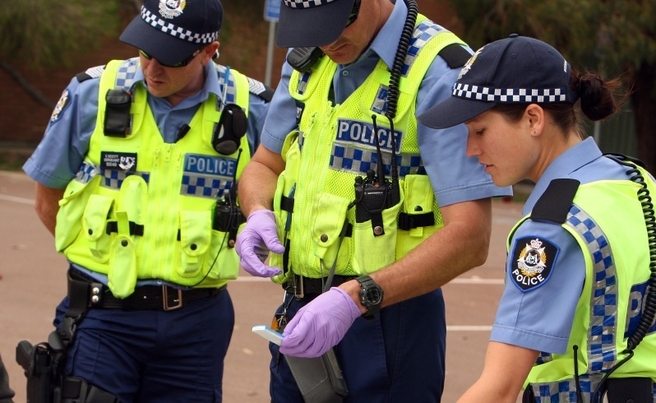
What about if you’re convicted?
If it’s your first offence you’ll lose your license for six months and receive a fine of up to $1,100; subsequent convictions will leave you without a license for a year. You’ll also get a conviction for impaired driving, meaning you’ll now have a criminal record.
Can you refuse or delay a test?
No. Well, technically you can – but that’s unlawful and will cost you your license anyway. It’s also an offence to try and delay the test, so you’re better off submitting to police direction.
What needs to change about the way we conduct roadside drug tests?
The Greens want to see Australia implement a system like that operating in the UK now, where police test for the level of drugs that actually impair your driving, rather than the smallest detectable trace amount.
“The stupidity of [Australia’s system] is reasonably clear,” Shoebridge says. “They are testing only for the presence of drugs and nothing to do with impairment. And they’re testing only for a handful of illegal drugs, even though some of the drugs that are most commonly found in road accidents, such as prescription drugs, are excluded.
“[We want] evidence based laws that reflect reality and make our roads safer. No one wants to be sharing the road with someone who is impaired from drugs. That should be a pretty easy common goal for all politicians, but instead we have these anti-drug zealots who are using roadside drug tests to run their ideological war.”
Think the Mobile Drug Testing laws need to change? Then support the petition here.
Katie Cunningham is one of the Editors of inthemix. She is on Twitter.


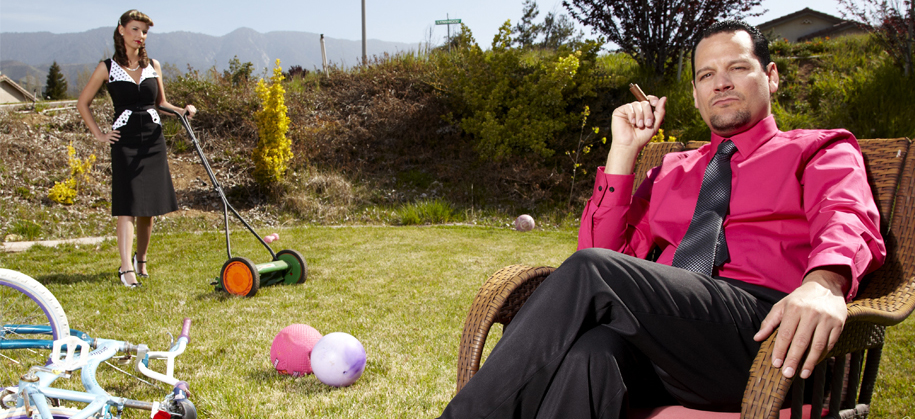

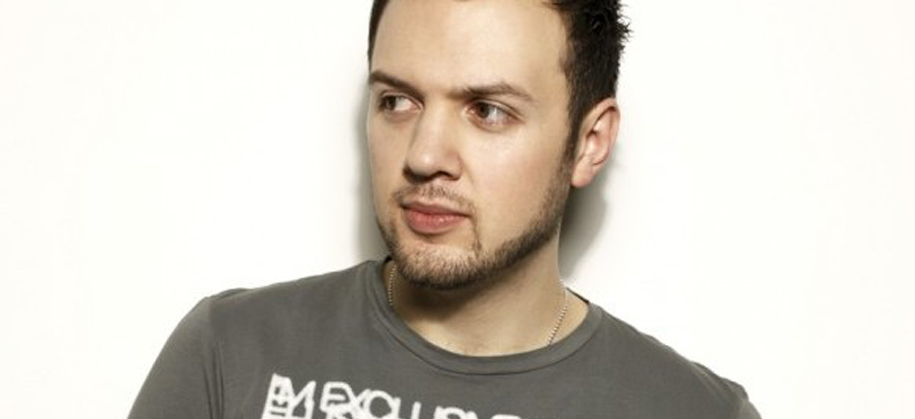
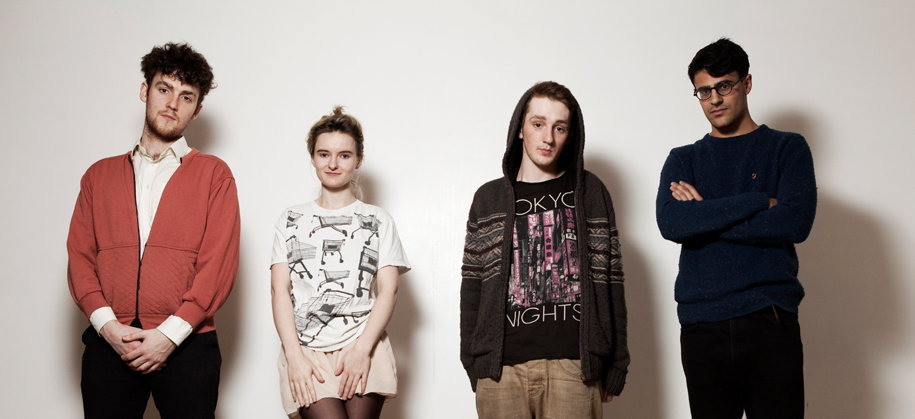

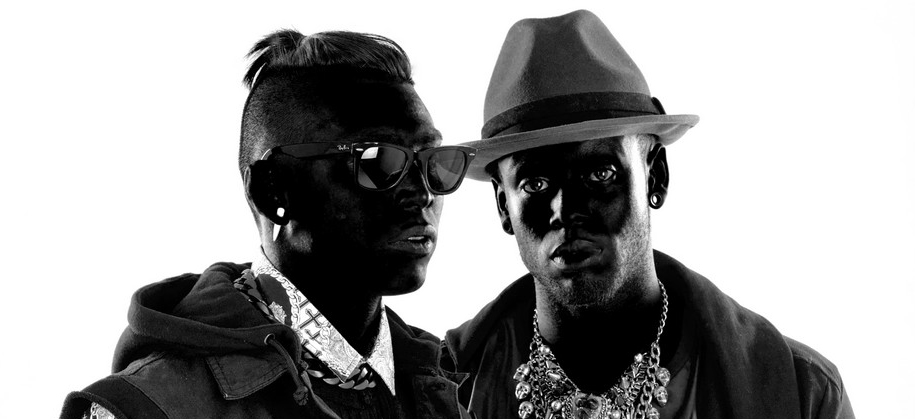
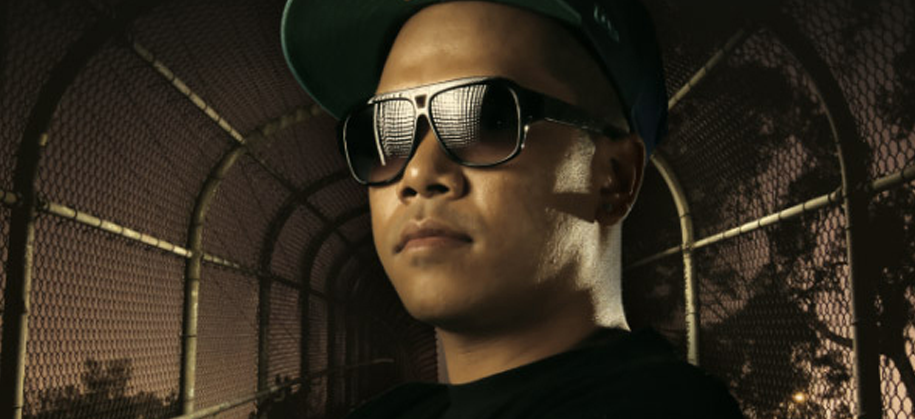


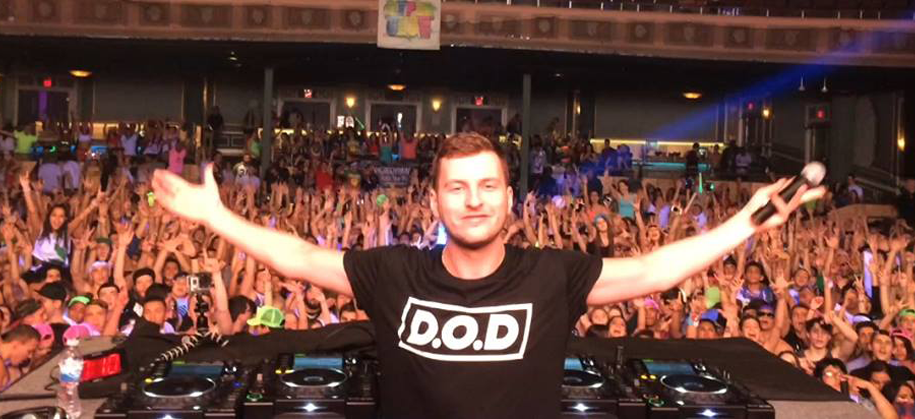

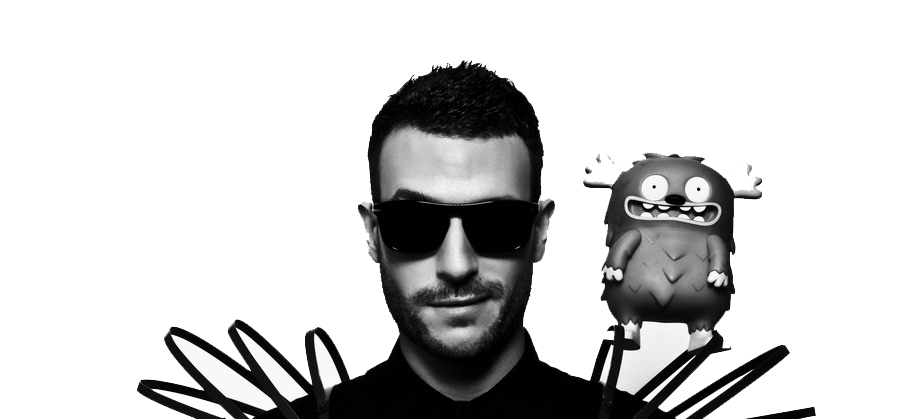
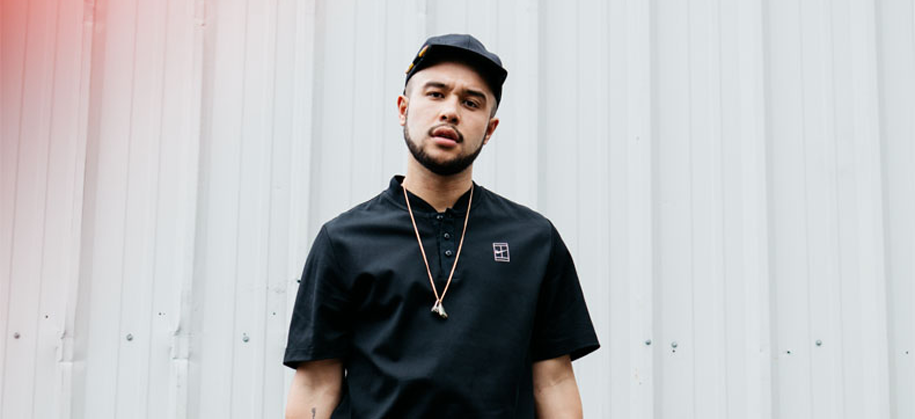
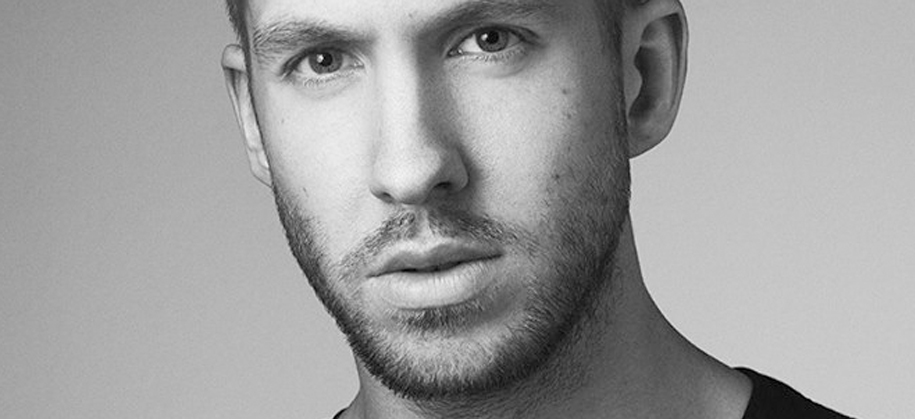
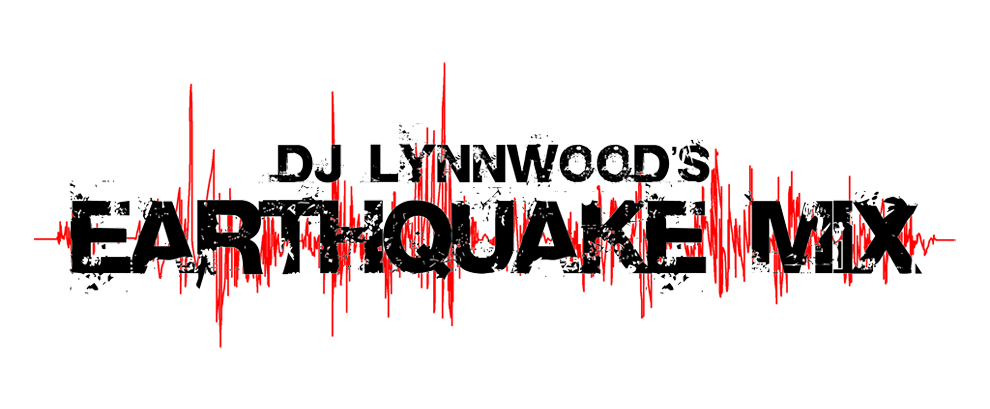
 Category:
Category: 
Earthquake Mix: